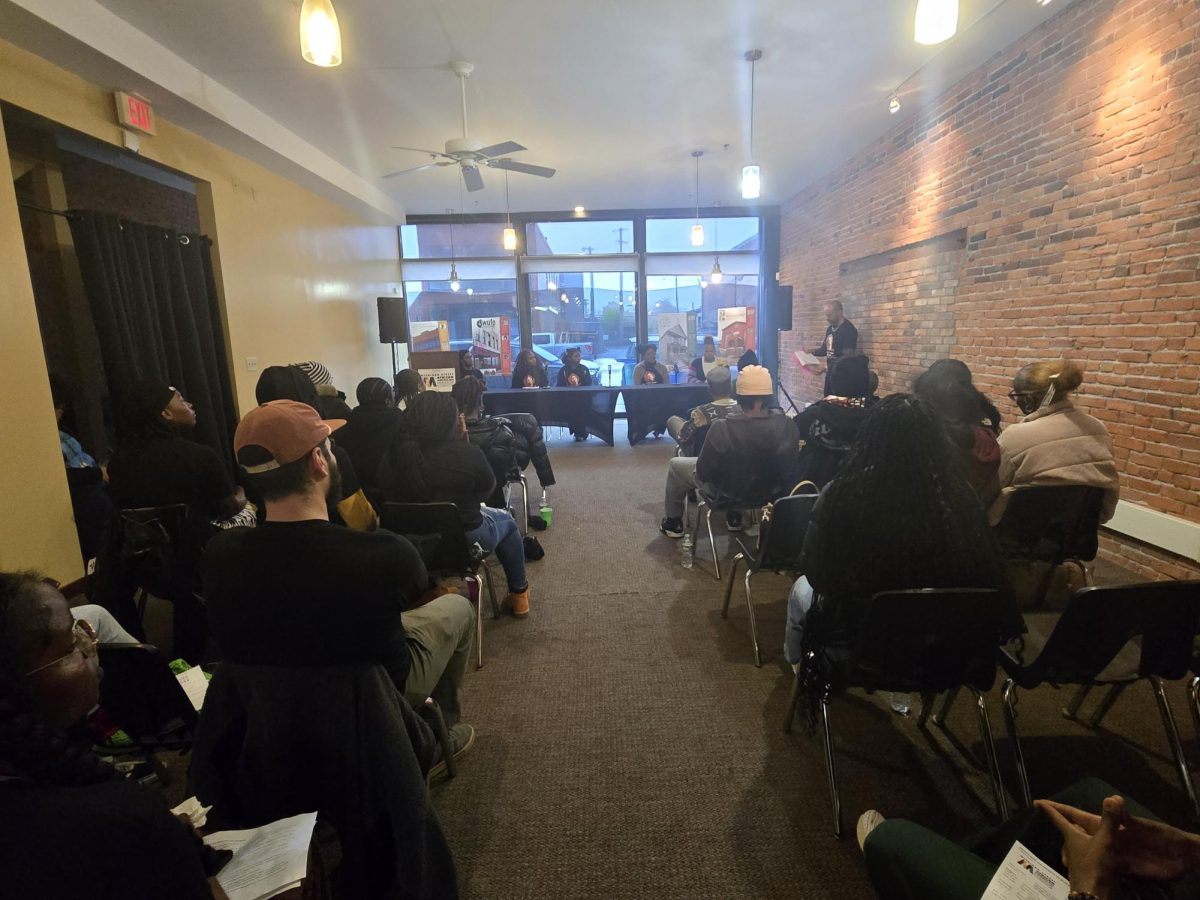The 10-minute rule: a myth you shouldn’t bother with
November 3, 2015
It doesn’t matter which university you go to; there seems to be a universal rule that travels among college students. This idea finds its way into each classroom when students are faced with the predicament of waiting for a tardy professor.
The 10-minute rule is invoked when a professor is at least 10 minutes late to class. Essentially, students are given a free pass to leave, and cannot be penalized, since the professor did not arrive within an acceptable timeframe. Naturally, this rule does not apply when a professor gives their students proper notice about their absence.
When asking multiple people, between different universities, and different generations, this “rule” is never rejected. Everyone wholeheartedly agrees that it is within their rights as a student to leave class after about 10 minutes. If a professor cannot respect the time of their students, the students are then allowed to utilize that block elsewhere.
What’s funny about this rule is that it’s not real. Every student blindly follows this notion because it gets passed from person to person for generations. We have no reason not to believe it, because when you ask around, everyone thinks its true. Unfortunately, our sources are wrong.
I took a gander online, at the Buffalo State College Handbook for Faculty and Librarians, and at the Buffalo State’s Handbook of Student Policies for some concrete evidence. From what I can tell, this “rule” is more of a myth. While students readily believe this rule, it does not explicitly exist within a university’s policy.
Online sources provided numerous opinions, as well as the basic “facts” that led me here. Among all the chatter and junk, one common theme stood out across multiple sources. This theme was that each professor chooses whether or not to honor this unwritten rule. It is their choice to penalize those who left, to reward those who stayed, to use that class as they initially intended, or to issue a pop quiz; but ultimately, it’s up to them.
The closest thing I could find in regards to Buffalo State’s policy was in section five of the Faculty/Librarian Handbook; “Students cannot be faulted for leaving the classroom if the instructor fails to arrive within a reasonable time.” This statement can essentially mean anything; because it is so vague, it allows for ambiguous interpretations.
There is no possible way that all Buffalo State professors will share the same stance, thus debunking the 10-minute rule. Students can’t possibly apply a one-size-fits-all mentality to something so unclear, and explicitly unpredictable.
What this all boils down to is the fact that you’re paying to be there. No college class is truly free, a charge is being issued and paid for in some way, shape or form. By leaving class simply because it is “wasting your time” to wait for your professor, you are wasting money. You paid for a seat in that class, so sit in it.
It sure looks tempting to waltz out of that lame Gen. Ed. Buffalo State is making you take, but you’re providing yourself a disservice. Instead of getting that easy A, or getting more information on a tricky topic, you’re potentially getting a tardy, denying yourself easy attendance points, and possibly missing out on new material.
If a professor is 10-plus minutes late without notice, they aren’t doing you any favors. While it gives you more time to chat with your friends, you are missing out on valuable information, or clarification, or potential time on a test. By leaving, you are cutting yourself off from your primary source, allowing for your grade to suffer.
The 10-minute rule is a great way to get out of a wary class, but it’s not in your best interest. While this college fable sounds fantastic — by giving you a little extra time to either sleep, eat or study, it actually cripples you. You don’t know what you’re missing when you leave, plus, you already put in the effort to be there, so you might as well stay.
While the 10-minute rule may exist somewhere, it doesn’t here, so I suggest sticking around a little while longer to save yourself any additional trouble.
email: leblanc.record@outlook.com



